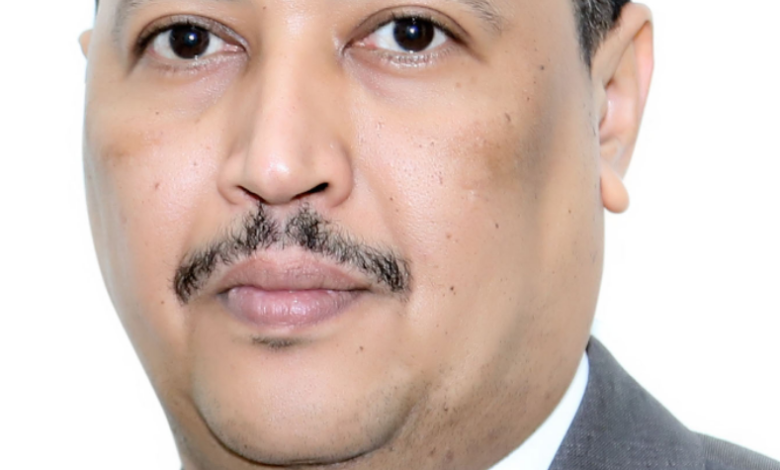
Wael Mahjoub
Dr. Al-Noor Hamad continues his dialogues and writings advocating for the establishment of a parallel government under the umbrella and arms of the Rapid Support Forces (RSF). He calls upon political and civil forces, as well as armed movements, to join a coalition with the RSF to strip legitimacy and authority from the Port Sudan government and block the Islamists’ return to power. In his advocacy, he disregards the unity of the country, showing little concern for it, while labeling dissenters as lacking solutions and alternatives. As usual, he attacks the civil forces opposing his flawed visions.
Before the December 2018 Revolution, Dr. Al-Noor Hamad was among those who declared there would be no revolution, expressing despair in the people’s capacity for change. He was a staunch advocate for participating in the 2020 elections as a means for gradual transformation and as an entry point for reorganizing the grassroots movement. He believed the political forces were entirely defunct, leaving elections as the only viable option. When the revolution erupted, disproving his assumptions, Dr. Hamad did not even bother to acknowledge the fallacy of his predictions. Instead, he aligned himself with the revolution’s supporters and became one of its theorists.
He has since made several erroneous analyses and taken flawed stances, most notably his support for the military’s steps towards normalization. Ironically, the Islamists, whose return to power he considers the greatest threat, were the very group he advocated for reconciliation with after the revolution—an inconsistency that speaks volumes about Dr. Al-Noor’s contradictions.
This introduction is important to demonstrate that Dr. Al-Noor lacks a sound analytical methodology to deconstruct events and present objective, actionable proposals. This is a critical preface to addressing his arguments in support of establishing a parallel government in areas controlled by the RSF through a coalition of political and civil forces backed by RSF arms.
Dr. Al-Noor presents this proposition as the sole alternative to the Islamists’ return to power and domination should they triumph in the war and the RSF is defeated. This flawed reasoning has led him to embrace authoritarian reactionary forces, representing the worst products of the Islamist and National Congress Party’s rule. These forces are burdened with war crimes that shock the conscience of humanity, crimes he has ignored since the war’s outbreak. Thus, he appears to be seeking refuge from the National Congress Party and the Islamic Movement’s fire only to embrace the flames of their Janjaweed militia. How ironic!
Dr. Al-Noor outlines the following reasons for supporting the establishment of a government in RSF-controlled areas (points also echoed by other advocates of this parallel government):
Stripping the Port Sudan government of territory and legitimacy as the only way to thwart the Islamists’ return to power.
Trusting RSF Commander’s assurances that he has no desire for power, is striving for a democratic system, and has declared his intention to hand over authority to civilians.
Providing services to millions of citizens deprived of them in RSF-controlled areas as part of the Port Sudan government’s policy.
Ensuring civilian protection through arms and anti-aircraft systems.
Forming potential alliances with commanders Abdulaziz al-Hilu and Abdel Wahid Mohamed Nour, integrating their territories into the proposed government.
These justifications are a mix of wishful thinking and unfounded desires, disconnected from the reality revealed by the war. They ignore the horrific violations committed by his newfound allies, the rogue nature of their forces with respect to local and international laws, and the principles of governance, domestic and foreign policy, and administration. They also disregard the complexities of Sudanese politics and its internal and external challenges. It is well-known that flawed premises lead to flawed conclusions. A detailed response to these alleged points will follow.
(To be continued…)



